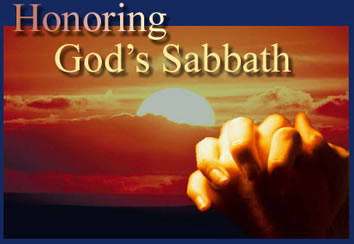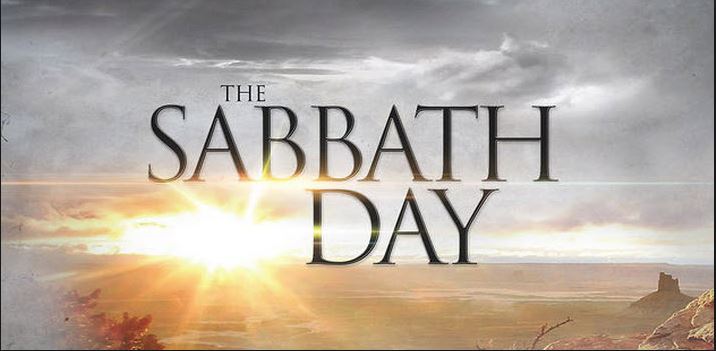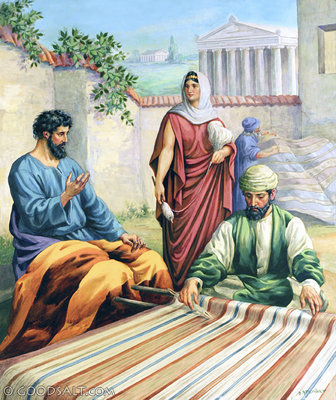I think that it can be argued that the Fourth Commandment is the most-ignored among the ten, even among Christians. Or should I say especially among Christians? After all, it is we who should best understand the significance of the Sabbath.
Here is what the commandment says: "Remember the Sabbath day, to keep it holy. Six days you shall labor and do all your work, but the seventh day is a Sabbath to the Lord your God. On it you shall not do any work, you, or your son, or your daughter, your male servant, or your female servant, or your livestock, or the sojourner who is within your gates. For in six days the Lord made heaven and earth, the sea, and all that is in them, and rested on the seventh day. Therefore the Lord blessed the Sabbath day and made it holy" (Exodus 20:8-11).
So we notice several things here. First, the origin of the Sabbath is not in the commandment. That is a common error regarding this commandment, that it began with Moses. No, God Himself relates it back to his own actions in the creation: "On the seventh day, God finished His work that He had done, and He rested on the seventh day from all His work that He had done. So God blessed the seventh day and made it holy, because, on it, God rested from all His work that He had done in creation" (Genesis 2:2-3). Surely we understand that this is not a description of the weariness of God. Such an idea doesn't even make sense. Rather, it is a description of His enjoyment of the completion of His work, like the artist who steps back to enjoy the painting that he has just finished.
Second, Christians strangle every discussion of the Sabbath by wrangling over what we are and are not allowed to do on that day. That discussion misses the point. It also ignores what the description that God Himself gives us in His word: "If you turn back your foot from the Sabbath, from doing your pleasure on My holy day, and call the Sabbath a delight and the holy day of the Lord honorable; if you honor it, not going your own ways, or seeking your own pleasure, or talking idly; then you shall take delight in the Lord, and I will make you ride on the heights of the earth; and I will feed you with the heritage of Jacob your father, for the mouth of the Lord has spoken" (Isaiah 58:13-14). The Sabbath has never been about rules. That was the error of the Pharisees, which turned the Sabbath into a burden.
The Sabbath was God's plan for His people to have joy, both in the work that we have done establishing His dominion in a fallen world, but especially in the work that He has done in redeeming us from the curse that sin has placed on us and our work!
The Puritan Stephen Charnock, in his book The Existence and Attributes of God, chastised the Christians of his day, in words that apply even more to today's Christian, "A sleight and weariness of the Sabbath was a sleight of the Lord of the Sabbath and of that freedom from the yoke and rule of sin that was signified by it."
Joy! Not drudgery!

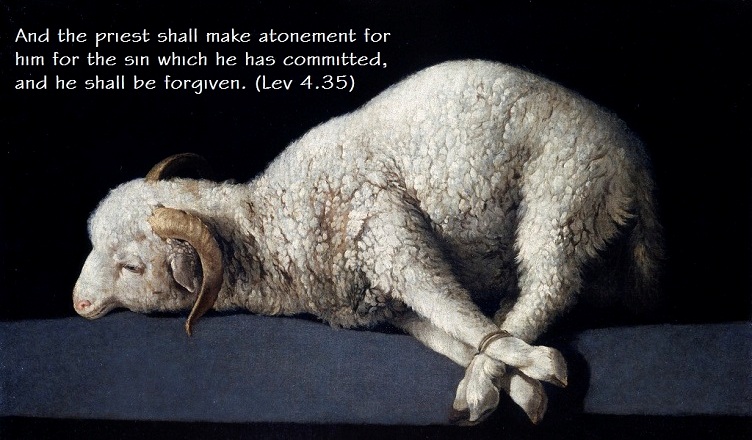



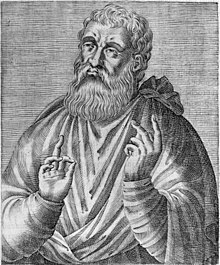
:max_bytes(150000):strip_icc()/StoryofNoah-525514702-e443c224802a4e278e257a39ee3050a1.jpg)

